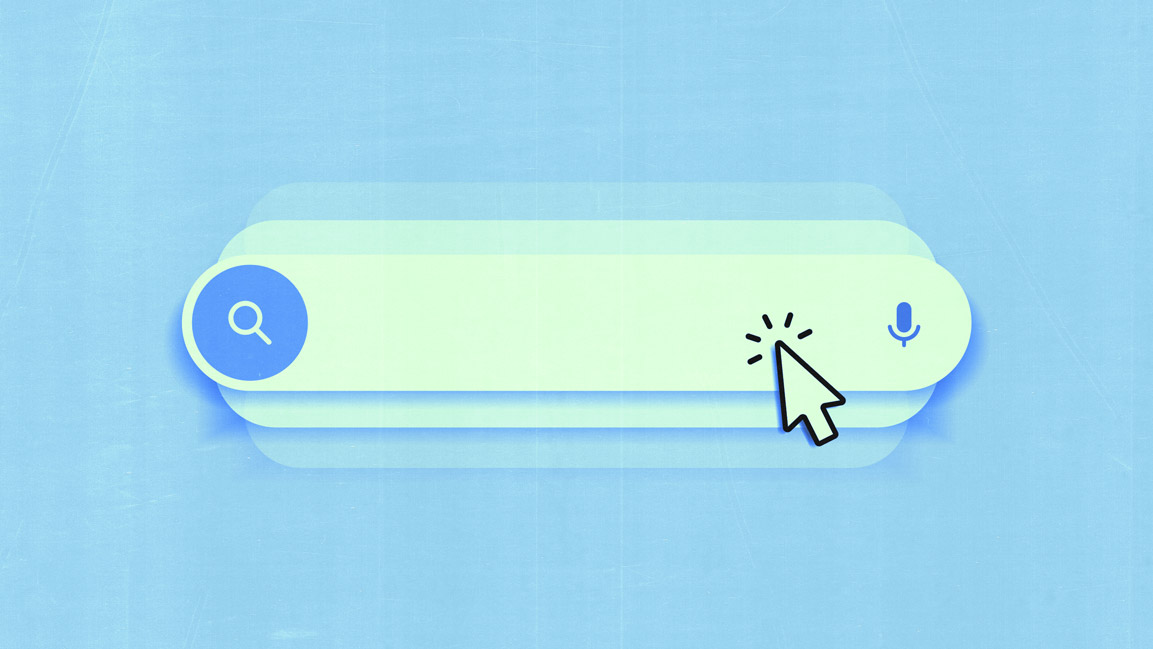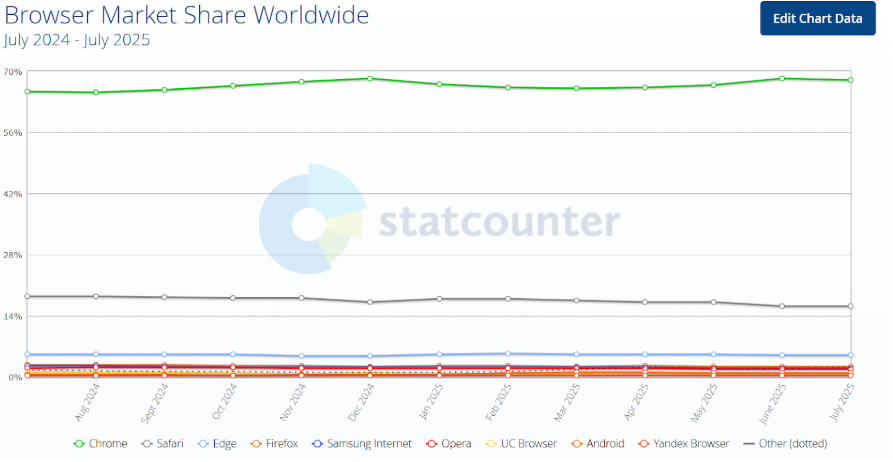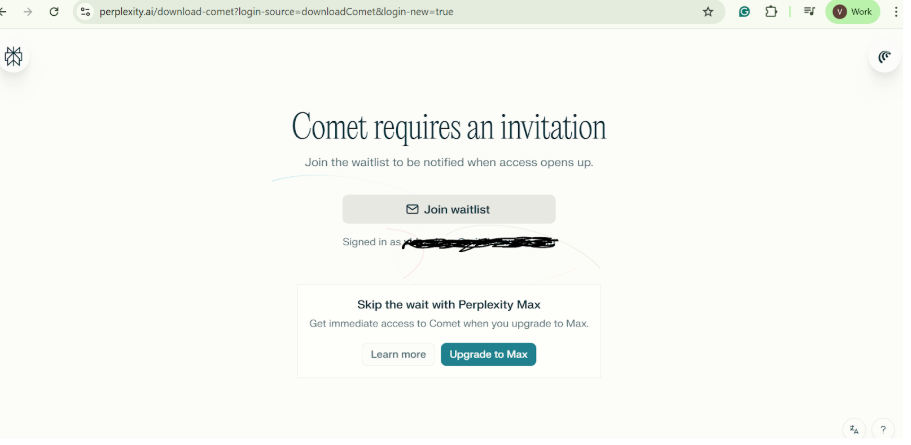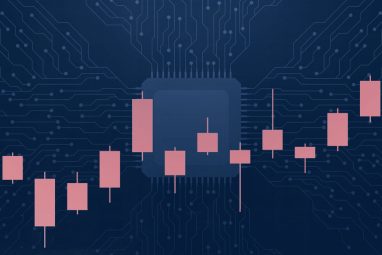AI Browsers Threaten Google’s Dominance
Despite mounting pressure, Google CEO Sundar Pichai remains optimistic.
News
- Adani Power Sets Up Nuclear Subsidiary
- Musk Unveils xAI Overhaul, Lunar AI Ambitions
- Former GitHub CEO Dohmke Raises $60 Million to Build AI Code Infrastructure
- Leadership Shakeup Deepens at xAI as Two Co Founders Exit
- India Slashes Social Media Takedown Window to Three Hours
- Cisco Moves to Relieve AI Data Center Gridlock With New Chip

In 1998, Google introduced people to the world’s information, making it universally accessible and useful. Over the next two decades, it became the gateway to the web, rolling out services including Gmail, Google Docs, and the Chrome browser, which has since dominated the global browser market.
However, today, that gateway is under threat. A new generation of AI-powered browsers and search engines is emerging rapidly, redefining how people explore the internet.
In recent months, the race to reinvent the browser has intensified. Elon Musk’s xAI launched Grok 4, an AI chatbot now integrated into X (formerly Twitter). Perplexity AI has introduced Comet, a desktop browser that offers users access to an in-built AI agent.
According to Reuters, OpenAI is also preparing to launch its AI-powered browser. Google is reportedly testing a similar Gemini integration into Chrome. This underscores Big Tech’s growing interest in AI-driven browsing.
Recently, Apple’s senior VP Eddy Cue revealed that Safari saw an unprecedented decline in search usage, a first in its 22-year history. He attributed the drop to the rising use of AI search tools like Perplexity.
Unlike Google and Microsoft, many of the key AI search challengers, such as OpenAI, Perplexity, and xAI, are still private companies, without publicly traded stock. Nonetheless, their disruptive potential is already affecting public market dynamics.
“We are evaluating new AI search engines, including Perplexity, for integration into Safari,” Cue said. The effect was immediate; Alphabet’s shares dropped over 7%, wiping out roughly $150 billion in market value.
And while Google Ads (formerly AdWords) continues to be its cash cow, the future of search-based ad revenue is uncertain in an AI-first world where users don’t click—they ask, and get answers.
The Web is Evolving
Despite mounting pressure, Google CEO Sundar Pichai remains optimistic.
In an interview a few months ago, Pichai said, “I remember the well-known ‘web is dead’ prediction from 2015. But contrary to that sentiment, I believe the web is evolving in significant ways. For instance, when we look at our crawl data, the number of available web pages has increased by 45% in just the last two years.”
He stressed on AI’s role in making information fluid across formats. “Another thing [that] people are underestimating with AI is that it will make it zero friction to move from one format to another. Our models are natively multimodal. We teased that idea with audio overviews in NotebookLM,” Pichai added.
History Repeats
For industry veterans, the situation is strikingly familiar. Back in 1995, Microsoft bundled Internet Explorer with Windows 95, dominating browser usage. However, over time, it failed to keep pace with evolving user needs and the emergence of competitors like Mozilla Firefox, which garnered over 100 million downloads in its first year (2004).
Even Mozilla, once an open-web favorite, launched Firefox OS in 2013 in an attempt to bring the web to smartphones, an effort that faded out amid competition from Android and iOS.
Google entered the browser race in 2008 with Chrome and accounts for 66% of the global browser market in 2025. It has continued to maintain its share of over 60% since 2019.

Source: StatCounter
However, AI browsers like Grok, Comet, and OpenAI’s upcoming product suggest that user experience is about to be rewritten, and this time by conversational agents and multimodal AI.
For now, Google’s dominance remains intact. When trying to use Perplexity’s Comet, one encounters a waitlist to access it freely. And, OpenAI has yet to launch its product.

The cracks, however, are beginning to show. With AI changing the way users interact with information, the competition for the browser, and by extension, the future of search, is wide open.
What happened to Internet Explorer might feel like ancient history. But in the fast-moving AI era, history has a way of repeating itself, at ten times the speed.





